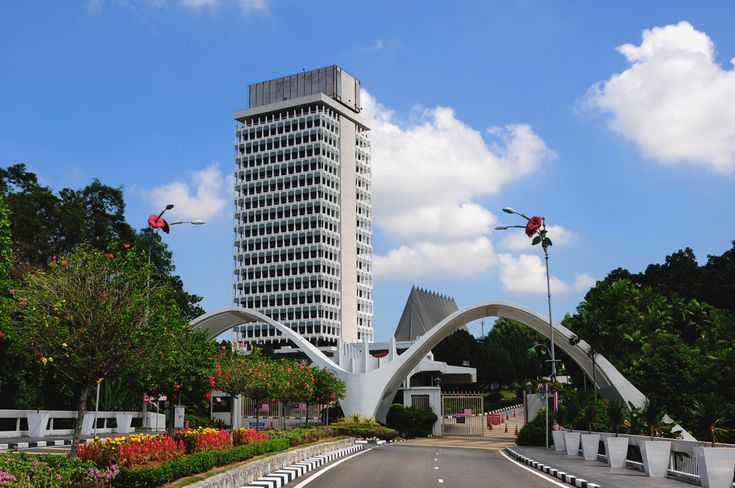
Pix courtesy of Pinterest
by Dr Rahim Said
In the vibrant theatre of Malaysian politics, sometimes it’s the little things that steal the show.
During a recent Question Time in the Dewan Rakyat, Minister in the Prime Minister’s Department (Federal Territories), Dr Zaliha Mustafa, took a moment to clarify a linguistic faux pas that had the potential to confuse even the most seasoned linguists—and possibly the AI that might have helped in a translation uttered by an MP in question.
The issue at hand was the term “brain drain.” Oscar Ling Chai Yew (PH-Sibu) raised a question about efforts to address the brain drain involving private higher education options for scholarships under the Public Service Department’s (PSD) Program Khas Lepasan Sijil Pelajaran Malaysia Dalam Negara (LSPM), and improving the quality of education in government institutes.
However, his use of “longkang otak” (a direct, and quite amusing, translation of “brain drain” to Bahasa Malaysia) drew a swift and serious correction from Dr. Zaliha.
“Before I respond to the question, I would like to correct the term used by Sibu in his question. That is a literal translation. The term used by Dewan Bahasa dan Pustaka is ‘hijrah cendekiawan,’ although ‘penghijrahan bakat’ is also used, but that term is not entirely accurate,” Dr. Zaliha patiently explained.
Ah, the delicate dance of language! “Longkang otak” conjures an image of cerebral matter floating down a gutter, which, while vivid, is probably not what Mr. Ling intended. One can only imagine the faces in the Dewan Rakyat as this was brought to light—a mix of bemusement and relief, no doubt.
Literal translations can be a treacherous terrain. It’s the kind of mistake even an AI would avoid, and yet here we are, dissecting a moment of linguistic levity in our august assembly of powerful elites.
The term “brain drain” itself carries a metaphorical weight, describing the emigration of educated or professional people from one country to another, usually for better pay or living conditions. Translating this phrase literally into Bahasa Malaysia as “longkang otak” hilariously fails to capture the essence of the concept and instead suggests something better suited to a plumbing disaster.
Dr. Zaliha’s correction—“hijrah cendekiawan” or “penghijrahan bakat”—fits more accurately. “Hijrah” captures the idea of migration, and “cendekiawan” refers to intellectuals. So, essentially, we’re talking about the migration of intellectuals, which aligns more closely with the original English term.
One might wonder, though, about the broader implications of such mistranslations. Imagine the chaos if we applied this kind of literal translation to other governmental terms and policies. Suddenly, “economic growth” could become “pengembangan ekonomi,” which thankfully works, but what about something more idiomatic? “Kick the bucket” becoming “tendang baldi” (an actual kick to a bucket) might cause quite the confusion in a health report.
So, what can we learn from this little episode? First, it’s a reminder of the importance of context in translation, something AI is programmed to consider but evidently still needs a human touch.
Second, it highlights the need for precision in political discourse. And third, it gives us all a good chuckle, reminding us that even our leaders are not immune to the occasional slip of the tongue—or the brain, as it were.
In the end, while we might have narrowly avoided a “brain in the drain” situation, it’s heartening to know our leaders are vigilant, ensuring our metaphors and messages remain as sharp as ever. Or at the very least, not lost in translation.
Dr. Rahim Said is a human behaviourist and regular contributor on digital media platforms. He is a professional management consultant, a corporate trainer and an executive coach specialising in coaching of senior executives and individual entrepreneurs with the purpose of modifying their behaviour in the pursuit of their cherished missions. (The views expressed by our columnist are entirely his own)
WE